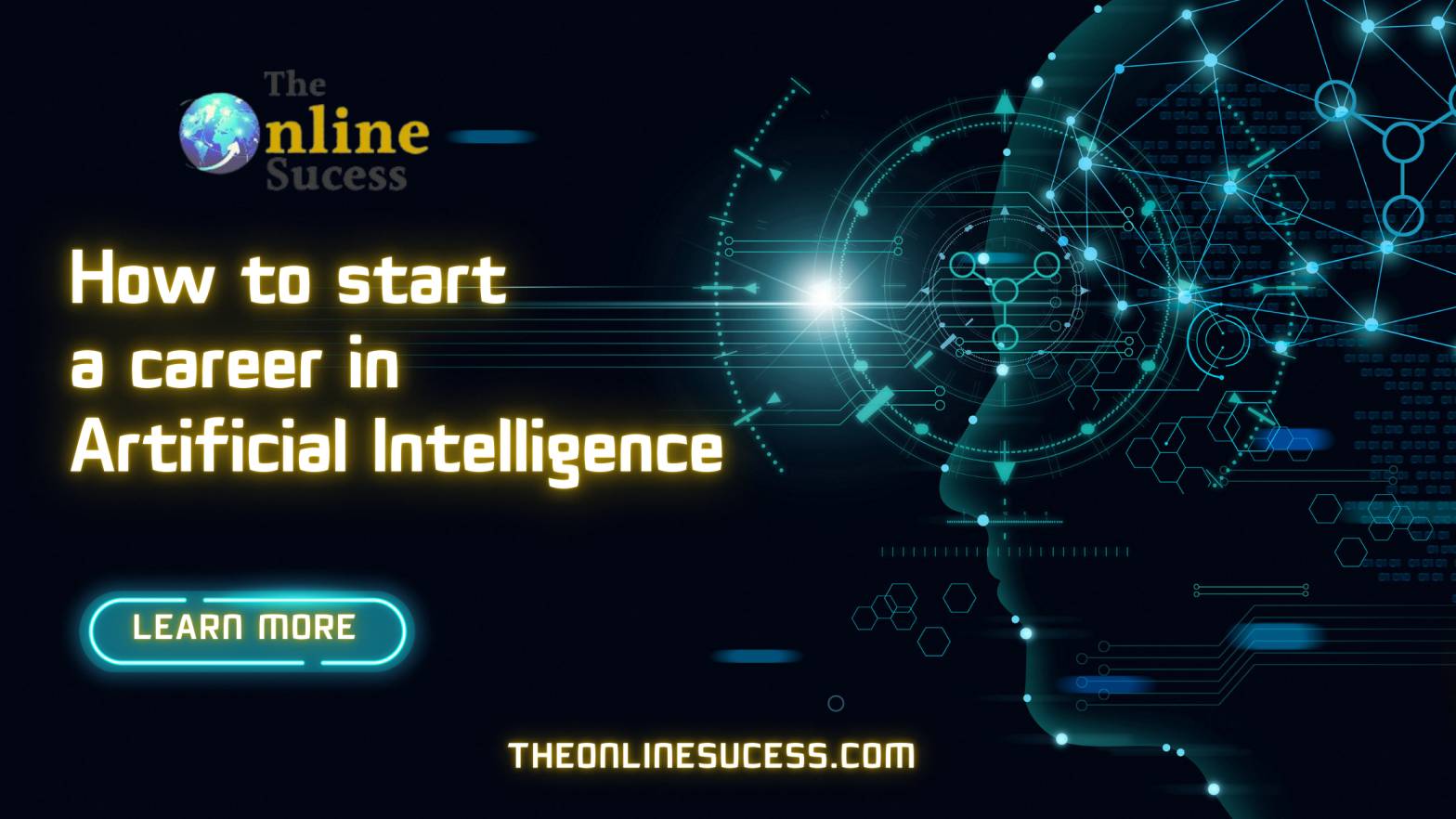How to start a career in Artificial Intelligence ( AI) 2025
Artificial Intelligence (AI) is transforming industries and shaping the future of work, making it one of the most exciting and in-demand fields today. Whether you're fascinated by machine learning, natural…
4 Comments
January 23, 2025

